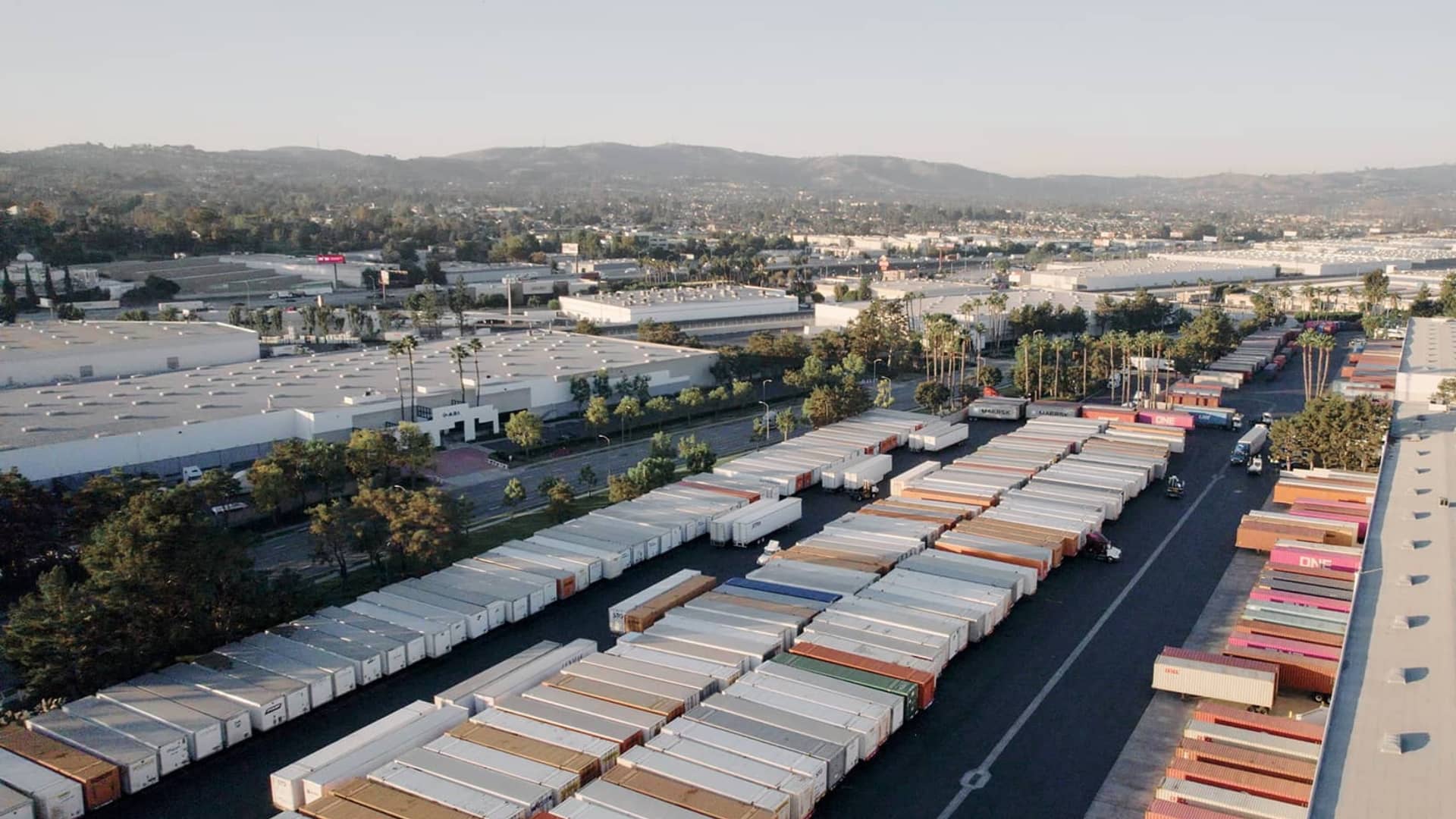Understanding the WAIRE Program and How to Mitigate Potential Fines

Regulatory compliance is not a mere formality; it’s a financial necessity. The Warehouse Actions and Investments to Reduce Emissions (WAIRE) Program, also known as Rule 2305 or ISR, introduced by the South Coast Air Quality Management District (SCAQMD), is a crucial aspect of this landscape. Being unaware of this program could lead to significant financial penalties for warehouse owners and operators.
Understanding the WAIRE Program
The WAIRE Program is a proactive measure to improve air quality while curbing warehouse nitrogen oxide and diesel emissions. The program is designed to protect public health and environmental sustainability by aligning with federal standards.
It’s important to note that compliance is not a choice but a legal requirement for warehouses spanning at least 100,000 square feet within the SCAQMD jurisdiction.
Deadlines and Implementation
The journey to compliance under the WAIRE Program is a phased one. Warehouses larger than 250,000 square feet were the first to face compliance requirements starting Jan. 1, 2022.
Smaller warehouses, ranging between 100,000 and 249,999 square feet, are scheduled for phased implementation between 2023-24.
Adhering to these timelines is crucial, as failure to do so can result in regulatory scrutiny and potential financial penalties.
Mitigation Fee Assessment
One primary avenue for maintaining compliance under the WAIRE Program involves earning WAIRE points annually. However, mitigation fees serve as an alternative mechanism for warehouses unable to meet the requisite points threshold.
These fees are valued at $1,000 per point and represent a significant financial burden for non-compliant entities. Moreover, these fines compound over time, amplifying the financial strain on warehouse operations.
Impact on Budgets and Profitability
The potential fines under the WAIRE Program may seem daunting for warehouse owners and operators. However, by ensuring compliance, you can maintain financial stability.
Fines, when avoided, protect your operational budgets and profitability margins. Additionally, demonstrating compliance can enhance your reputation, attract potential investors and stakeholders, and thereby strengthen your financial position.

Strategic Imperatives
Amid the specter of potential fines, procurement managers and warehouse operators must adopt a proactive approach to compliance:
Comprehensive Compliance Assessment – Conducting a thorough assessment of current practices and identifying areas of non-compliance is essential.
Strategic Resource Allocation – Allocating resources toward emissions reduction initiatives and earning WAIRE points is critical for mitigating financial risks.
Investment in Sustainable Technologies – Embracing sustainable technologies and practices enhances compliance and promotes long-term cost savings and operational efficiency.
Stakeholder Engagement – By collaborating with your supply chain partners and other stakeholders, you can collectively address compliance challenges and share best practices. This inclusive approach strengthens your compliance efforts and fosters a sense of shared responsibility and commitment to environmental sustainability.
Embracing Proactive Compliance
The financial implications of non-compliance under the WAIRE Program cannot be overstated. Warehouse operators must recognize the significance of regulatory adherence and proactively address compliance requirements to avoid costly fines and penalties.
By prioritizing sustainability, investing in emissions reduction initiatives, and fostering collaborative partnerships, warehouse managers can navigate the complexities of regulatory compliance while safeguarding financial viability and operational resilience.
CONTACT US
